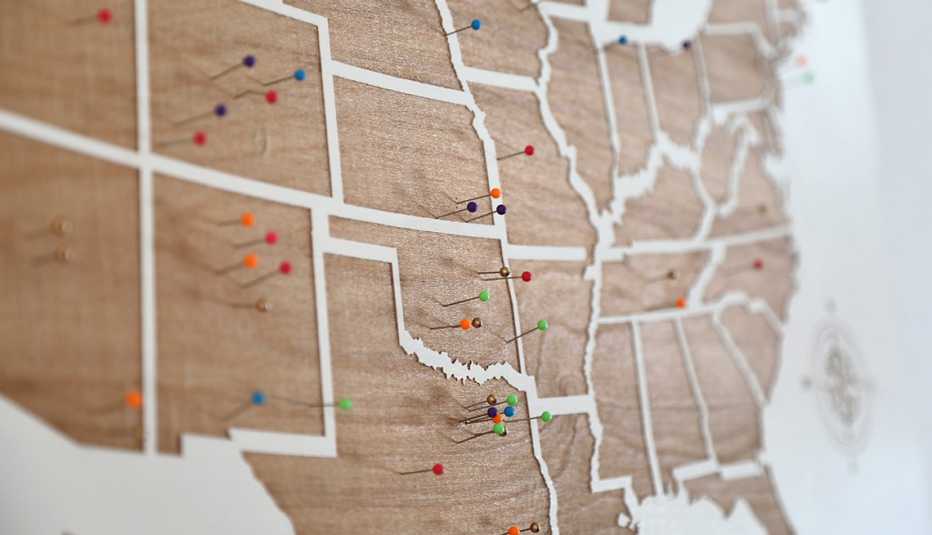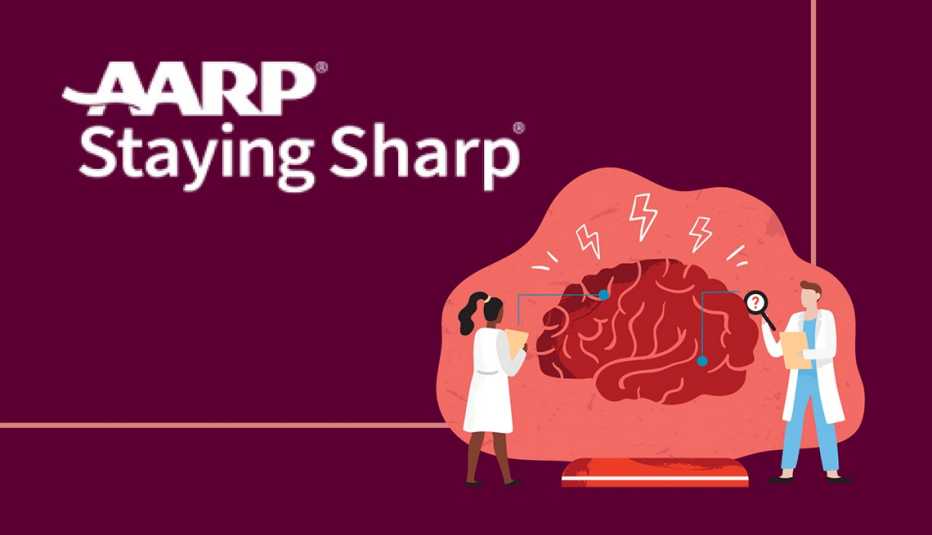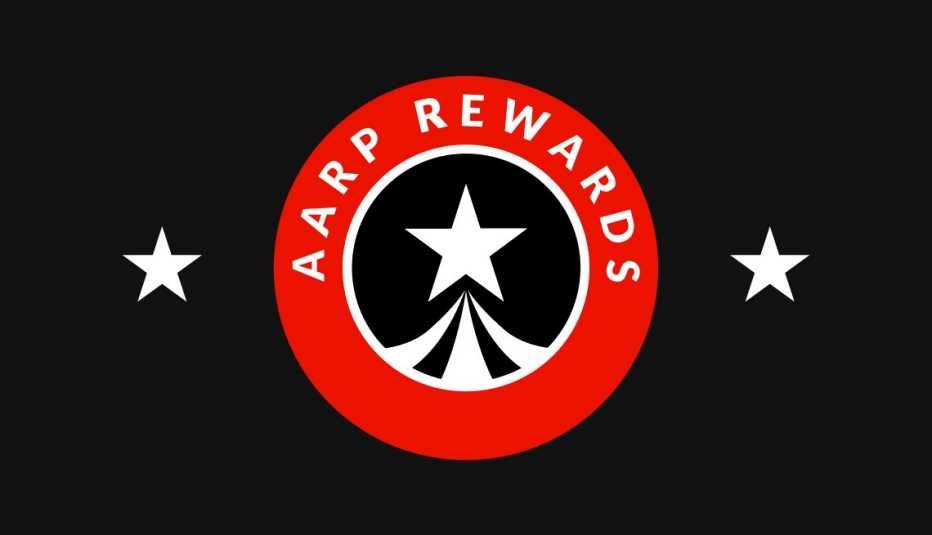AARP Hearing Center
CLOSE
Search
Popular Searches
Suggested Links
Leaving AARP.org Website
You are now leaving AARP.org and going to a website that is not operated by AARP. A different privacy policy and terms of service will apply.
Careers
Whether switching careers or staying in the same profession, find the job tips every 50-plus worker needs
Explore hundreds of AARP benefits, including a wide range of discounts, programs and services.
Advice to Boost Your Career
AARP in Your State
Find AARP offices in your State and News, Events and Programs affecting retirement, health care and more.
You May Also Like
AARP EVENTS
Find Local Events Near You
Free interactive online events & classes, designed for learing, self-improvement and fun








































































